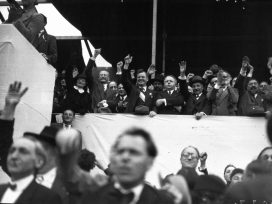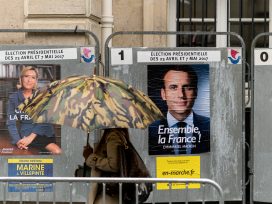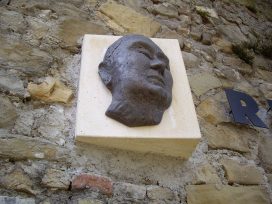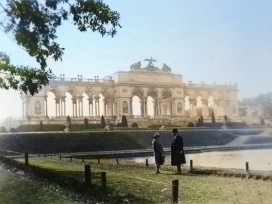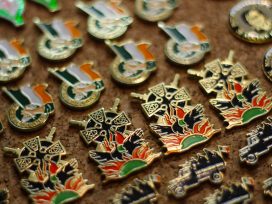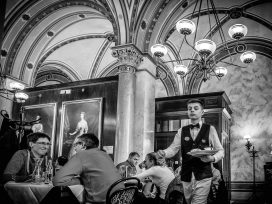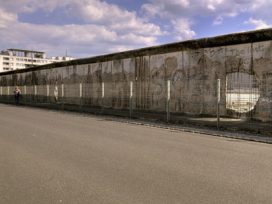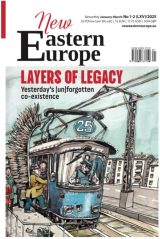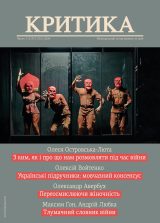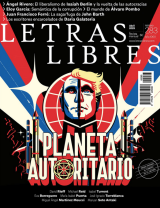Enda O'Doherty
Before his retirement, editor for The Irish Times, chiefly on international news. Joint founder and co-editor of the Dublin Review of Books. Writing for Eurozine in a personal capacity.
Articles

Born into a cosmopolitan Jewish family, Ferenc Fejtő lived a turbulent youth as a Marxist and social democrat in Horthy’s Hungary. Having fled just before the fascist rise to power, he led a more comfortable life as a journalist and historian of eastern Europe in Paris, remaining within the left even after his disillusionment with communism.
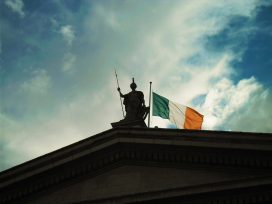
Not only in Ireland
Irish Europeanism after Brexit
The recent souring in Irish attitudes to England stems from dislike of the politics of Brexit, not a reawakening of national hostility. Ireland has been forced to choose, and has chosen Europe. A new sense of its importance in the Union may even ease regrets at losing a major neoliberal ally.
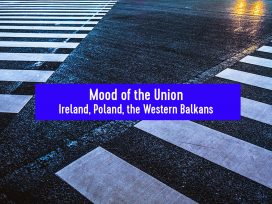
Radically divergent visions
Ireland, Poland and the Western Balkans after the EP election
The European elections have been key to determining citizens’ priorities, albeit with one significant caveat in Ireland. In Poland, voters clearly care more about social welfare than abstract issues like rule of law. And issues of real consequence for the Western Balkans may finally be addressed, now that the elections are over.
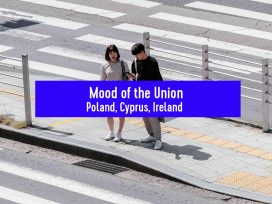
Repairing trust in federation
Poland, Cyprus and Ireland before the EP election
In the run up to the European Parliamentary elections in May, editors from the Eurozine network will be reporting on national debates from across the EU. First up in the series are views from Kraków, Nicosia and Dublin.
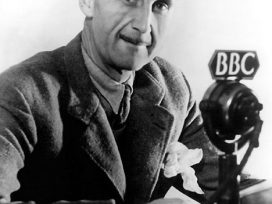
The romantic Englishman
On the political writings of George Orwell
George Orwell is often credited with elevating political writing to an art. However, writes Enda O’Doherty, it might be useful to separate out the terms “political” and “writing”. For while his writing is undoubtedly of the highest order, the quality of his political judgment remains questionable.
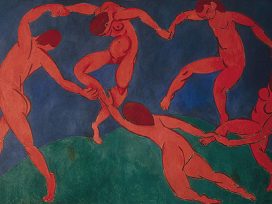
The deep historical roots of European culture may not lie in the geographical and political entity of today’s Europe. But it is precisely here that the feeling of belonging inspired by the best that has been thought and said (and sung and painted and danced) needs cultivating, argues Enda O’Doherty.
